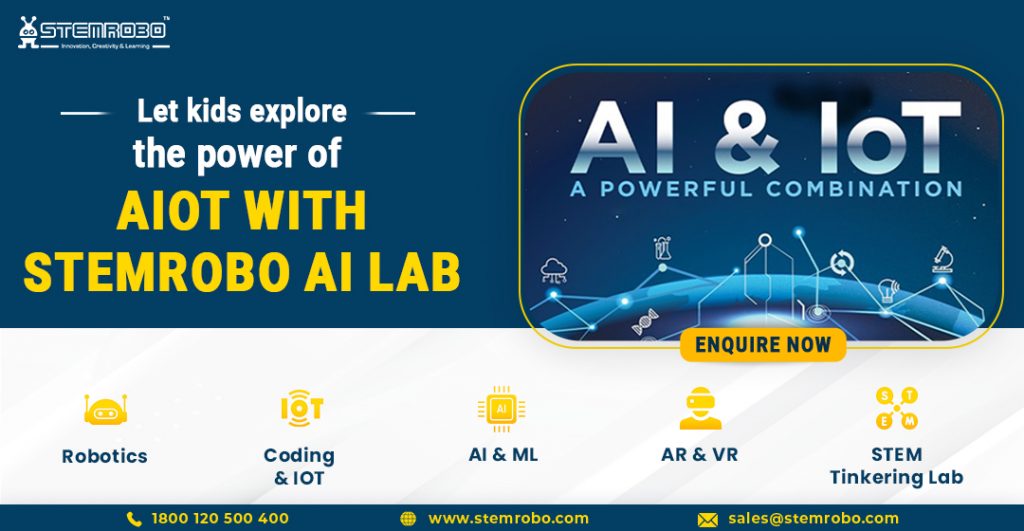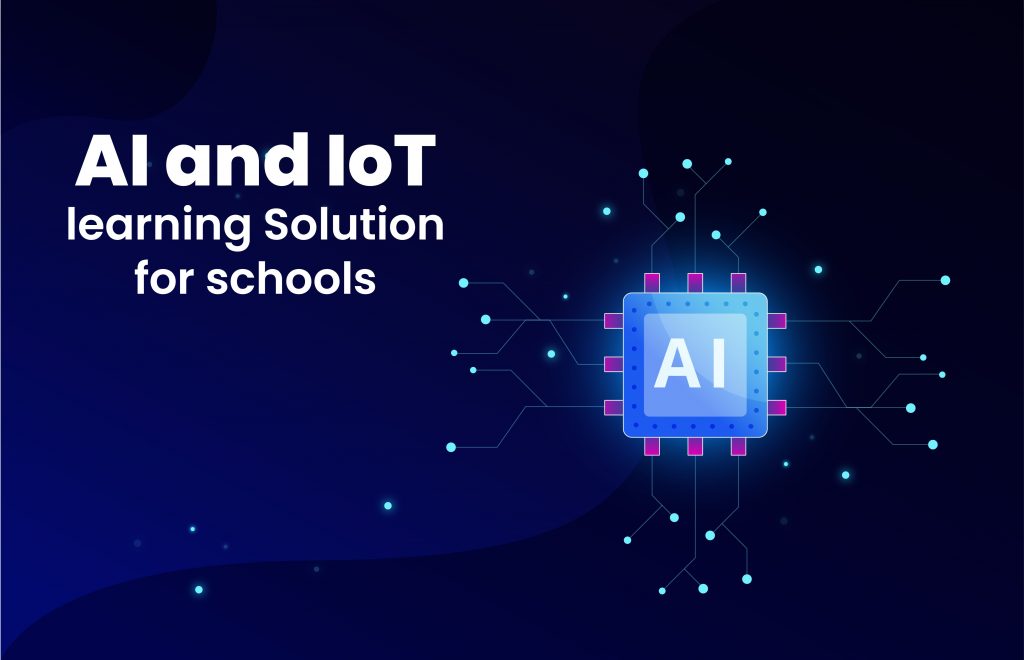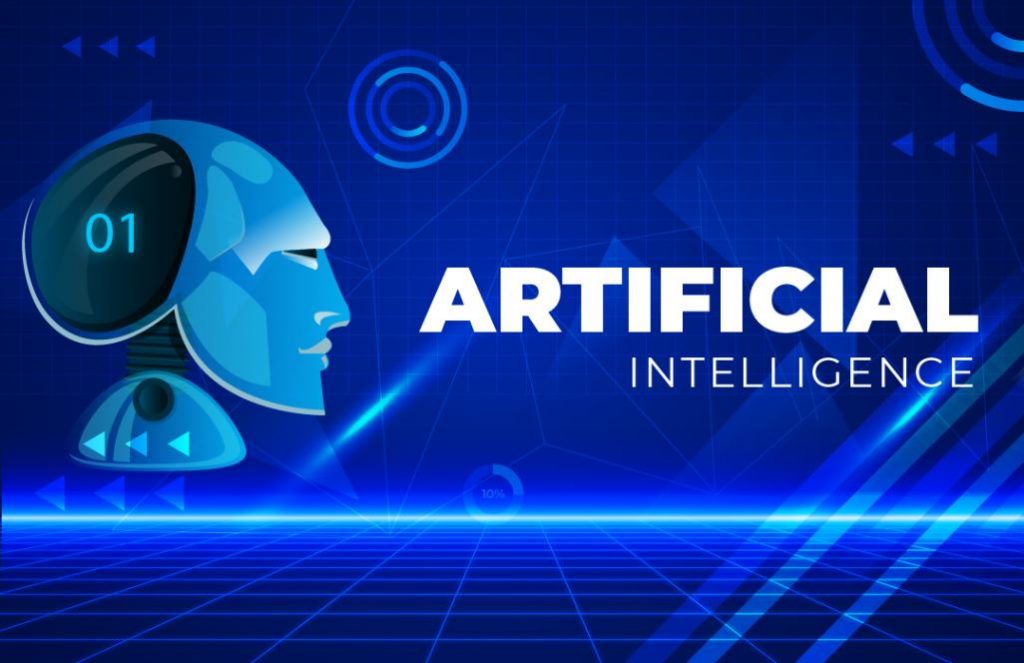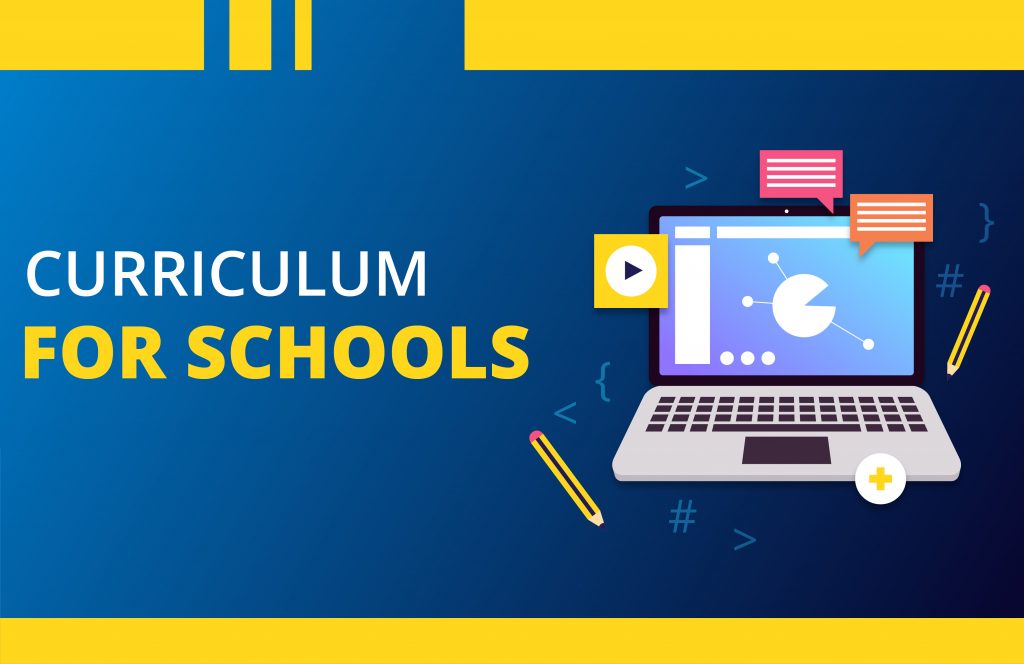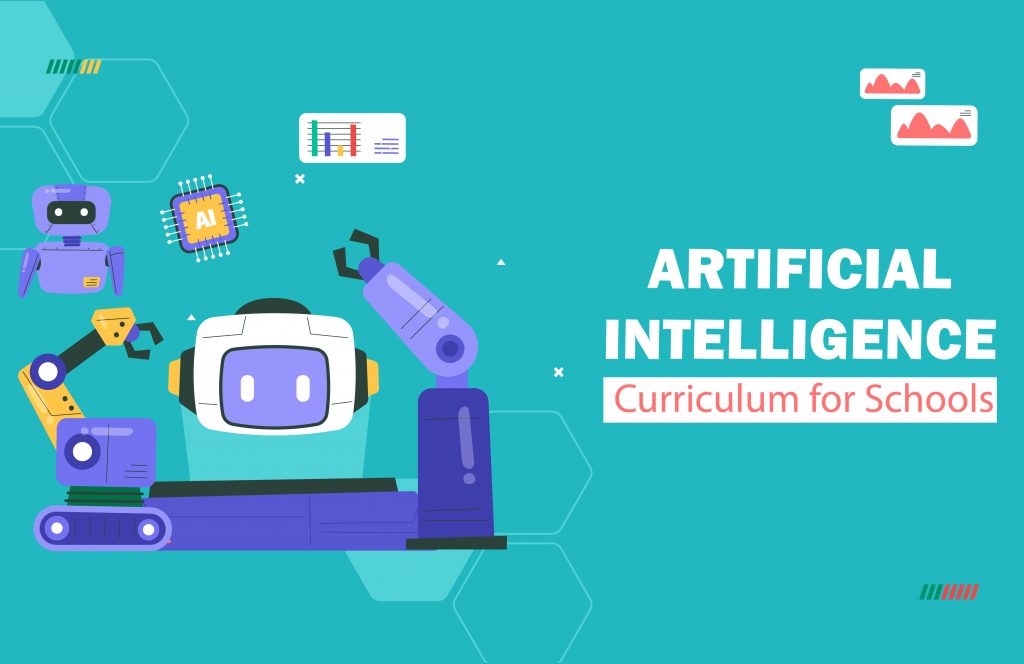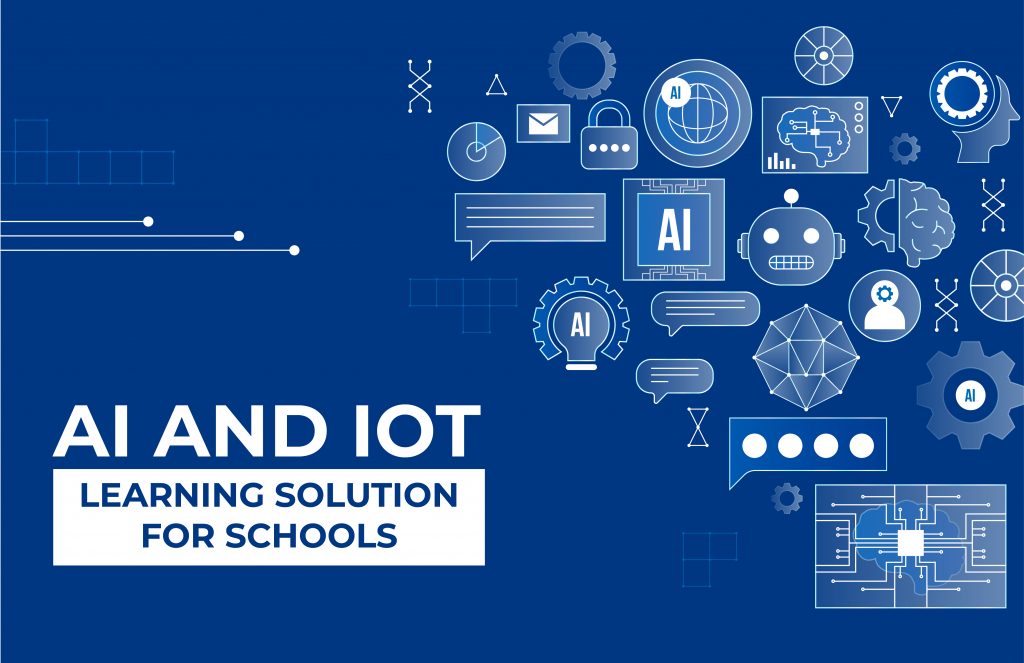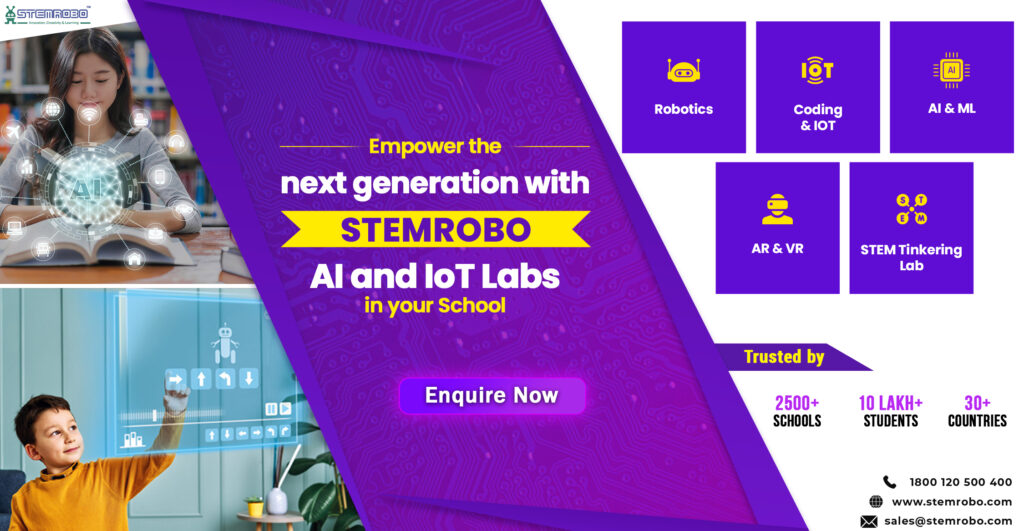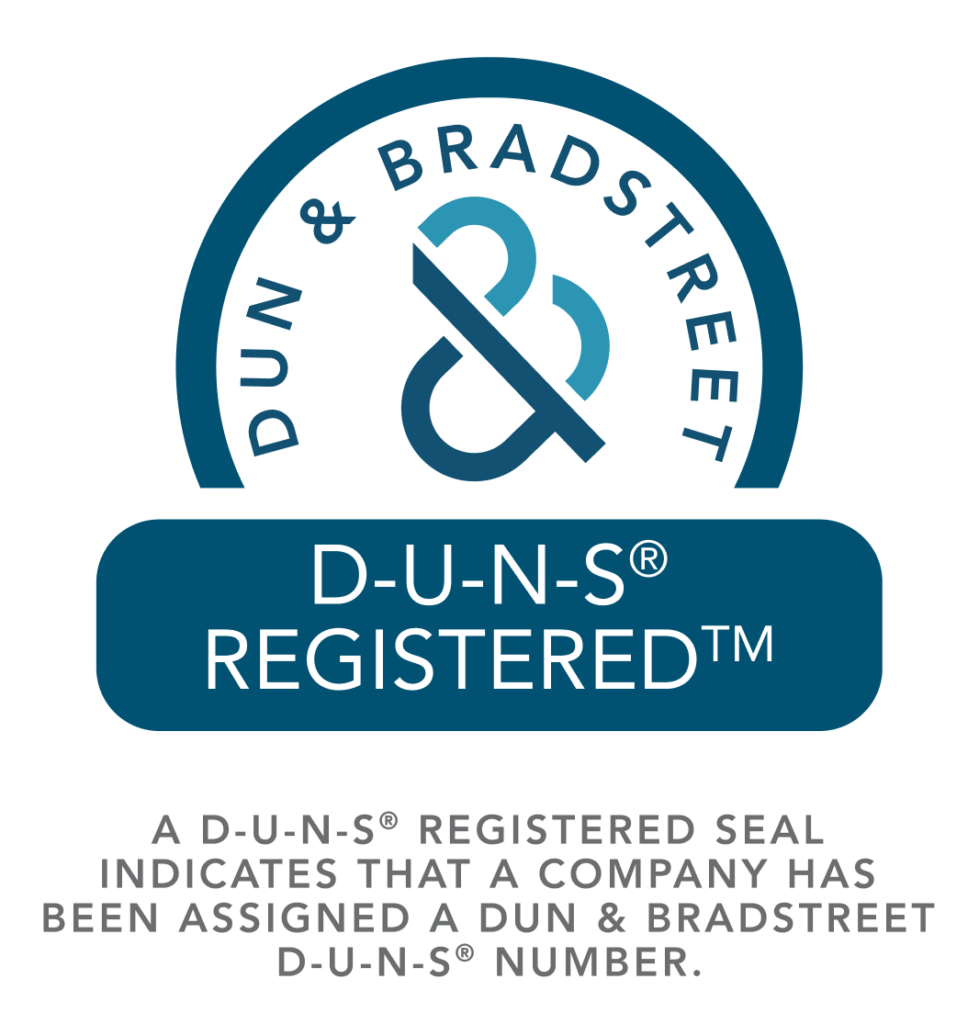Integrating Robotics and AI into School Curriculum Why It’s Crucial for Today’s Students
We always be aware of the aspect of life where we need the changes and adaption of modern sense for the technology. We are using different types of tech. to accommodate the new aspect of life. Helping different types of populations in multiple fields, for example, medical science, construction side, etc, But is it possible to learn all those criteria in daily growing life where we are so much busy in the work life? So, what is the advice regarding this scenario? As per the solution STEM Education company stands as a strong pillar where we help to nurture young brains to make more progress with modern technology named “Artificial Intelligence”. What do we understand by Artificial Intelligence ? Artificial intelligence is also popularly named AI. The question is what we understand from this term. Let’s divide Artificial intelligence into two halves ‘Artificial’ and ‘Intelligence’ from the term ‘artificial’ we understand that something that is not real and mimeograph and at the same end we have the word ‘intelligence’ means the brain or intellectual capacity of student to perform big tasks given by the mentors and for scoring good marks in the examination. Now when we add the meaning of these two words we get that the mimeograph intellectual capacity of a machine to upgrade the human mankind thinking capacity and develop the understanding of new sources of technology in the modern-day era. Moreover, artificial intelligence projects for student is the modern key to modern set of problems. Why AI is important? Artificial intelligence is the major key point of the 21st century skills for students and teachers where we have adopted 72% of our daily life with this given term. According to our growth not only physically but also mentally it is important to acquire the skills about its advantages and disadvantages. In this way, our young minds will learn the concept of artificial intelligence in the best possible way. We need to understand the durability of learning this art of technology to form part of the futuristic approach to enhance the betterment of the future. What is Curriculum? A curriculum is the well-planned K12 Segment Solution for schools and structural format of the syllabus provided to the schools in a yearly manner. It helps students step up from basic to advanced learning of the given matter. It helps students to learn the concept in a particular manner so they will not feel any kind of disturbance in the study related to the particular subject. Artificial Intelligence is a suffocated subject to learn and for that, we need a proper step-by-step curriculum so that learners will not hesitate to understand the concept of AI completely. As per the result, Curriculum plays a crucial role in today’s education system. Importance of Curriculum From the start of school learning, we required a perfectly structured syllabus for an individual to simplify the difficulty and make learning easier from beginner level to mature level. Later on, he/she will become a master of their field. When we need to acquire skills like artificial intelligence we need to be very careful and accurate in terms of the curriculum because if the curriculum is not a correct format that may affect an individual learning. Curriculum Support for Teachers In schools, teachers have effective role-play for the students. They not only make them good in academics but also help them to enhance their grip over the topics they read in the class practically and theoretically. What if the teachers don’t have a constructive planner for the students and they face trouble in the future to overcome that situation we introduce ourselves as the solution provider with curriculum-based learning and having our learning management system which plays an important role in the growth of an individual strong mindset. Integration of AI in School Curriculum It is necessary to learn new skills and artificial intelligence where Robotics and artificial intelligence companies in India provide one of the best upgrading skills to the students. Our modern-day technology is rapidly growing in the market and to understand the availability of its positive access we need to understand the possibility of pushing forward the good knowledge we require for the best quality curriculum. We design the curriculum in a way so that it will be easy for the students to understand the concepts in a systematic and very easy way. It’s also like a road map for our learners on which they will not get confused and can walk confidently without any hesitation of not knowing anything about that particular topic. Regular Year Update of Robotics and AI Curriculum for Schools Now let’s suppose that we are using a curriculum for the first year of the school. For the first year we learned the different activities but what will we be going to do next year? We are going to use the same curriculum or we will make some changes to it. The answer will be “YES” We will organize the curriculum in a way we will not repeat the same activity & for next year we will make a new curriculum so that we can develop more new skills in next year. Every year we increase the probability of difficulty for the students so it will become more challenging and enthusiastic for them. Conclusion The fundamental principle of the Robotics and AI lab, Curriculum for Schools is as simple as the data structure we managed to access the syllabus for the students and their awareness related to the specific subject. So, they will become more focused and give priority to Artificial Intelligence as the main subject. Because somehow in today’s life, students are learning different subjects like language, science, and mathematics but don’t want to learn robotics or AI as a priority. We can apply these efforts of making the curriculum for our young brain activeness and making them ready for the future challenges they are going to face. Technicality is a major part of our daily life routine and reality
Integrating Robotics and AI into School Curriculum Why It’s Crucial for Today’s Students Read More »



